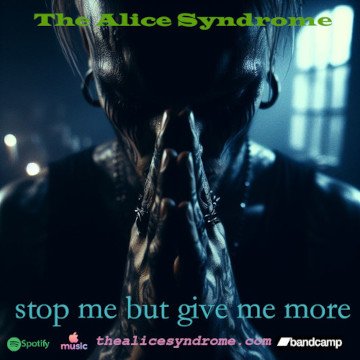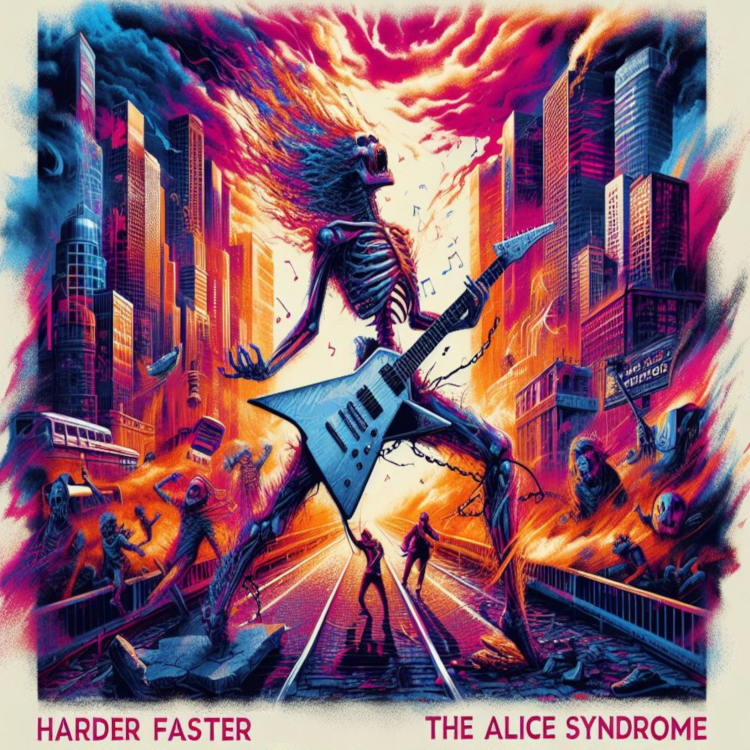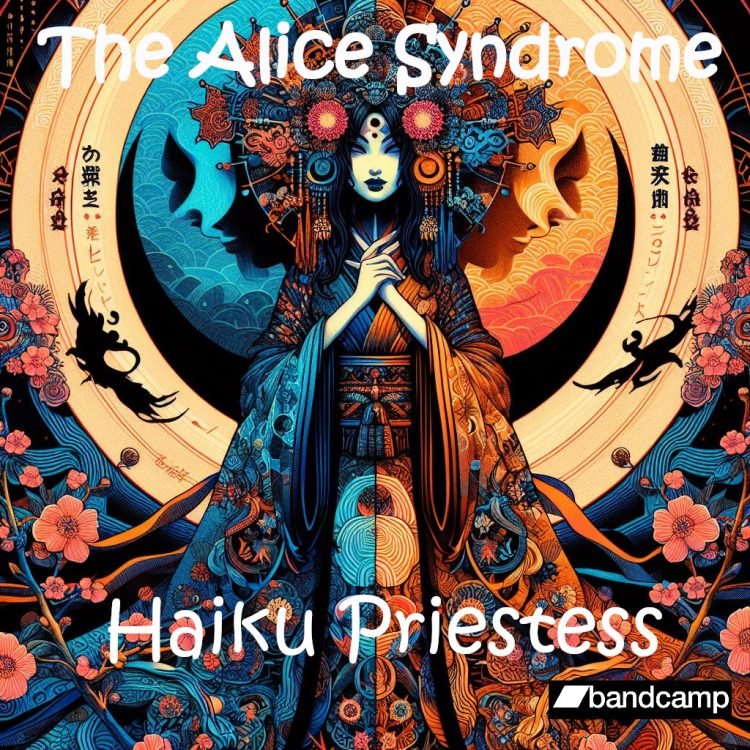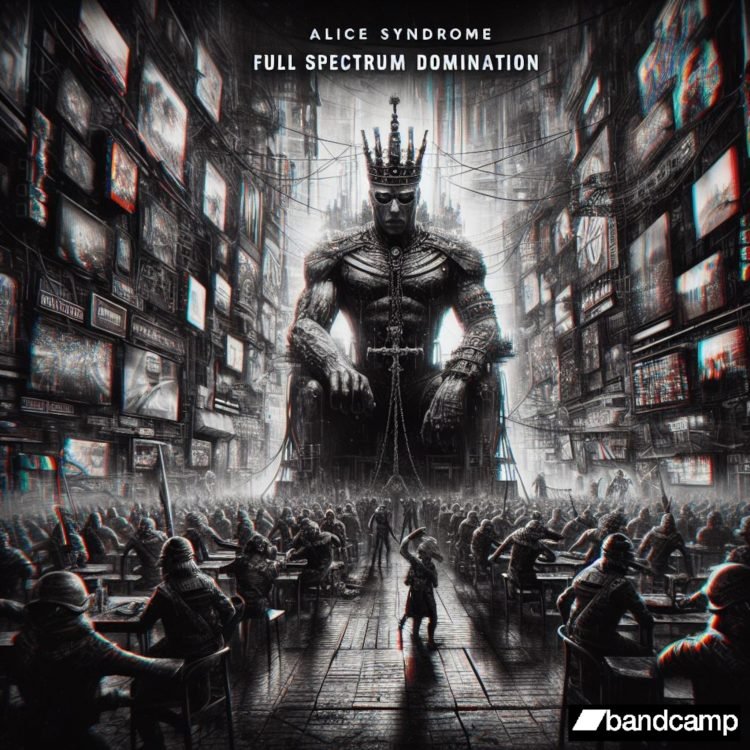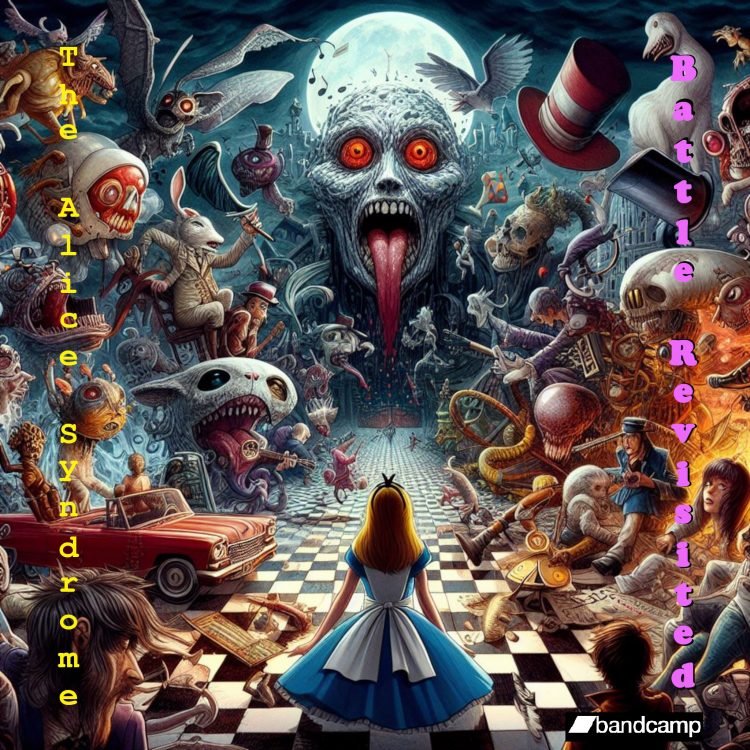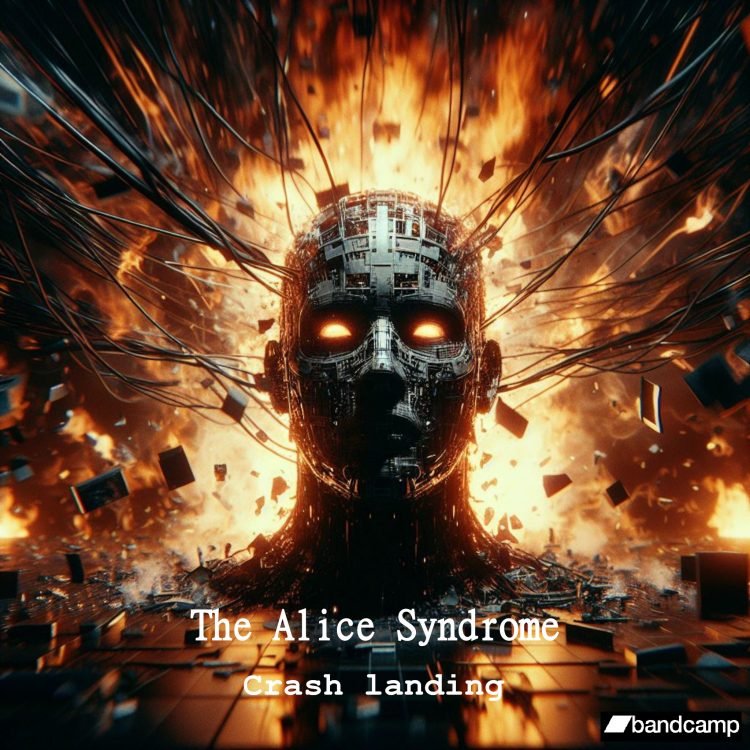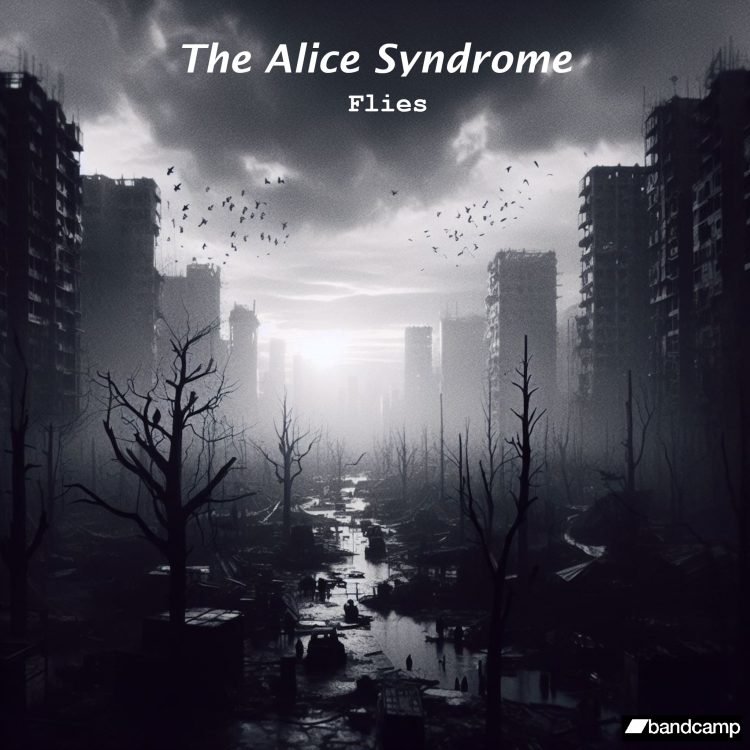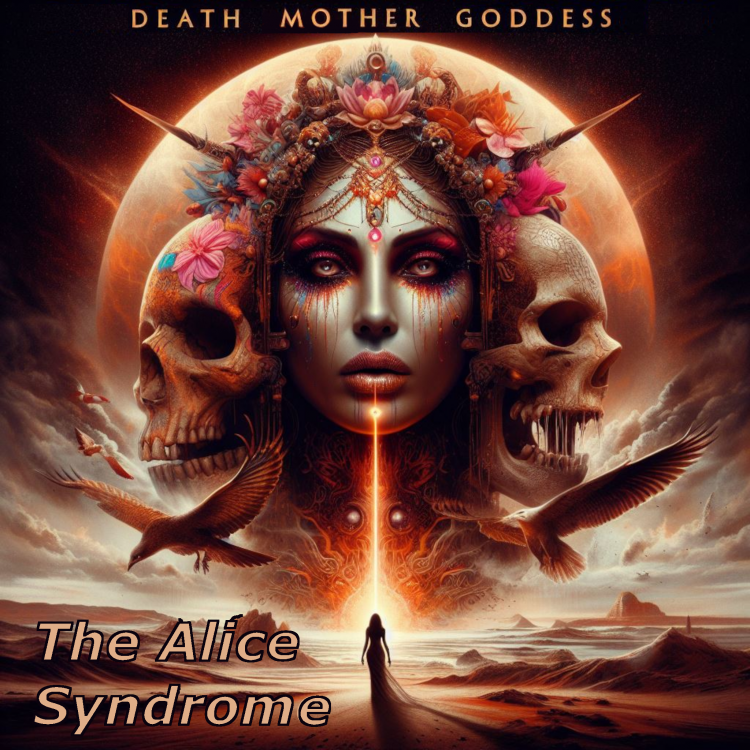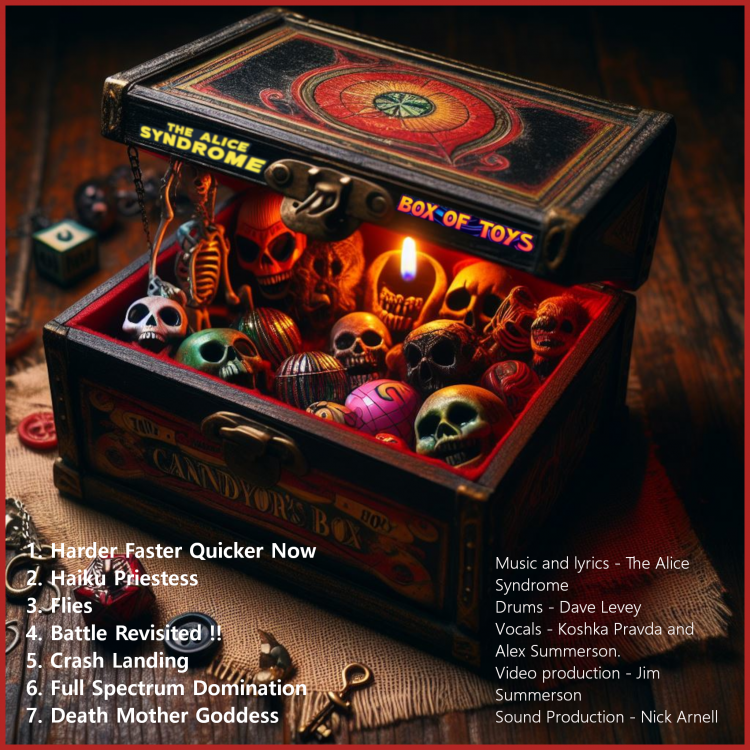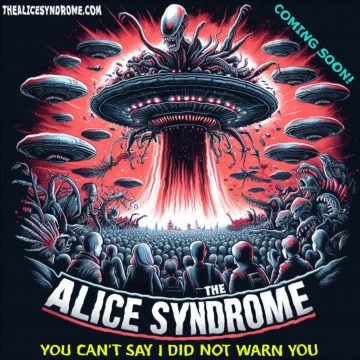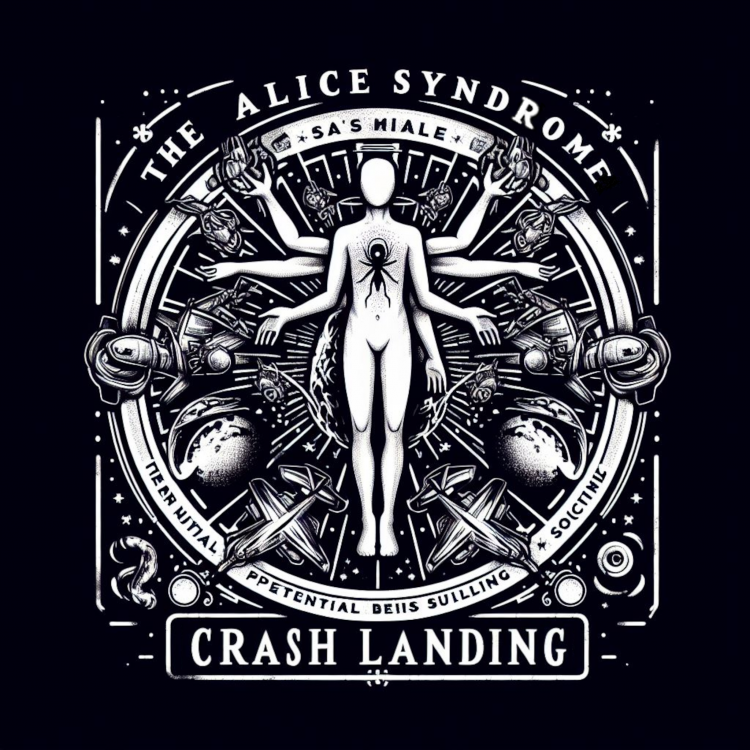
Welcome to George’s blog. I play keyboards in the Alice Syndrome, and I’m also very interested in psychology, spirituality and self-transcendence. Groovhead tends to write all our lyrics, which always touch on subjects that hit deep into my interests.

Crash landing is a song that explores the theme of human potential and its limitations. The lyrics of the song reflect our influences by philosophical and psychological concepts such as existentialism, and transhumanism. The lyrics of Crash landing reflect a sense of alienation and dissatisfaction with the human condition.
The song begins with the lines:
We are nothing more than vibrational frequencies
Held captive by physical form
We are potential, unrealised
We are potential, distracted
We are potential, corrupted
But we are, potential
These lines suggest that we view human beings as essentially spiritual or energetic beings that are trapped in material bodies that limit their possibilities. The repetition of the word “potential” implies that humans have the capacity to transcend their physical limitations and achieve a higher state of existence, but they are hindered by various factors such as distraction, corruption, or conditioning. We also express a sense of frustration and despair with the current state of humanity, as it describes humans as:
We are godhead, denied
We are petty, we are cruel
We are ego unleashed
We are petty
We are cruel
We are ego unleashed
We are spoilt children
These lines contrast the idea of human potential with human reality, showing how humans fail to live up to their divine nature and instead act selfishly, violently, and immaturely. The phrase “ego unleashed” suggests that humans are driven by their lower instincts and impulses, rather than their higher aspirations and values. The song also criticizes the social and political systems that control and manipulate humans, as it states:
We are the distracted
We are the conditioned
We are the controlled
We are the led
These lines imply that humans are not free to pursue their true potential, but rather are subjected to various forms of indoctrination, propaganda, and coercion that keep them in a state of ignorance and conformity.

The song also expresses a sense of urgency and hope for change, as it repeats:
Unrealised, potential
Unrealised, potential
Unrealised, potential
Unrealised, potential
These lines emphasize the gap between what humans are and what they could be, as well as the possibility of closing that gap if humans awaken to their true nature and purpose. The song ends with the lines:
We are so close, but not quite there
Held back by our inherent flaws
But we are, potential
These lines suggest that despite all the obstacles and challenges that humans face, they still have a chance to overcome them and reach their full potential. However, they also acknowledge that humans have inherent flaws that make this task difficult and uncertain.
The theme of human potential and its limitations is not unique to The Alice Syndrome. Many other musicians and philosophers have explored this topic in different ways. For example:
Pink Floyd’s album The Wall (1979) depicts the psychological breakdown of a rock star who isolates himself from society and builds a metaphorical wall around himself to cope with his trauma and alienation. The album criticizes the oppressive forces that shape human behaviour and identity, such as war, education, religion, the media, and consumerism.
Jean-Paul Sartre’s existentialist philosophy argues that humans are free to create their own meaning and values in a world that is absurd and devoid of inherent purpose. However, this freedom also entails responsibility and anxiety, as humans have to face the consequences of their choices and actions.
Ray Kurzweil’s transhumanist vision proposes that humans can enhance their physical and mental capacities through technology and artificial intelligence. He predicts that humans will eventually merge with machines and achieve a state of singularity where they will transcend their biological limitations.

















